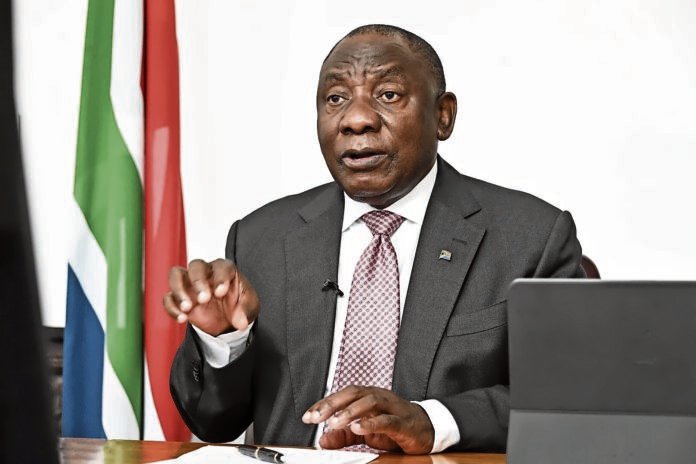
From Rusana Philander in Cape Town.
Analysts have estimated recent looting and riots in South Africa’s Kwazulu-Natal and Gauteng provinces will cost the country’s GDP by as much as R20 billion.
Jannie Rossouw, an economist, said some of the companies that were looted won’t be able to open their businesses again. Amid a level four lockdown and the latest lootings, job creation and international investment into South Africa has been impacted.
According to the police 337 people lost their lives during the recent riots. It is estimated that about 10,000 jobs have been lost in the process. Three people suspected of instigating the riots have been arrested by the police.
“A lot of our industries have been affected by the looting. Businesses may even look at using other ports and not the one in Durban, Rossouw said, adding that the route between Gauteng and Durban needs to be made safer for trucks to travel on. President Cyril Ramaphosa held talks with the business community recently, but Shopping malls will have to be rebuilt. What is now more important, however, is that people must have access to food again.
“The cost of the riots and lootings might have international investors doubting whether they should invest in South Africa. [An important note is that] investment leads to economic growth and job creation. The country has an unemployment rate of 30%. The meeting the President had with business is good, but in a crisis like this, the President needs to give leadership. With the looting, I think that the defence force was called in too late,” Rossouw said.

Two hundred shopping malls and 161 liquour outlets were looted. In Kwazulu Natal stock to the tune of R1,5 billion were looted. Due to this the price of food necessities such as bread, cake flour and baby formula has increased.
President Cyril Ramaphosa said the defence force has been deployed to commercial sites which are vital to the economy. The President said he was heartened to see people were cleaning shopping malls after the riots, defending the country’s democracy.
“There have been calls for a state of emergency, but it will happen if other means of stabilising the country does not work. We will extinguish the fires and act against those who lit the flames. They will be held accountable. We cannot allow people to destabilize the country. I met a number of business leaders in Kwazulu Natal and they said it would take a few months to stabilize their businesses.
“We will restore stability to the country and the police are investigating all the cases. Over 2000 people have been arrested for public violence and looting. The looting is going to cost billions of rands. The lootings were an orchestrated campaign and we were poorly prepared.

“We did not have the capabilities in place when this happened, but the police restored calm to the areas. 25,000 SANDF (South African National Defence Force) members have been deployed to support the police on the ground. We need to secure our logistics infrastructure, because trucks transporting goods were set alight. Fuel, food, and pharmaceuticals need to be transported safely. Operations at the Durban port are being restored, so that we prevent shortages of goods.
“But we have enough supply of food in the country. On 18 July we remembered our father of the nation Nelson Mandela on his birthday. We must defend our democracy- a democracy that is lauded around the world. Let’s not let it fail. May God bless South Africa,” the President said.
The National Consumer Commission (NCC) has in the meantime asked suppliers not to inflate prices of goods. The acting Consumer Commissioner Ms Thezi Mabuza, said both Sections 40 and 48 of the Consumer Protection Act (CPA), make it a prohibited conduct for a supplier to increase prices unconscionably. “Section 48 states that a supplier must not offer to supply or enter into an agreement to supply goods and services at a price that is unfair or unconscionable. Unfair, unreasonable or unjust pricing is when a supplier increases prices of goods or services that do not correspond to or not equivalent to the increase of providing that service or good”, she said.



